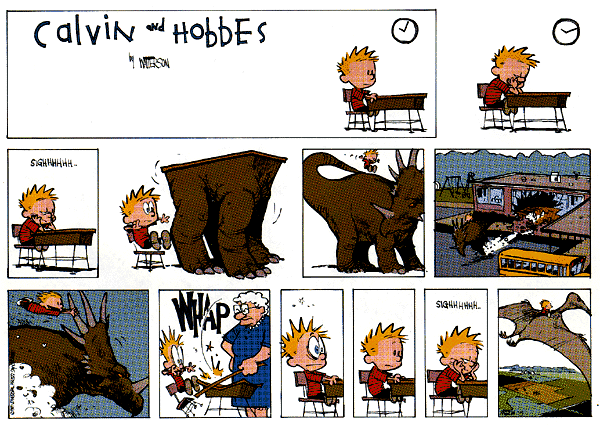
Before interviews of all types, I've found it valuable to try to match the dress code of the people I'm visiting.
When I go up to the state government offices in Lansing, I wear my brown Oxford-style Dockers. Around the poli sci department, I usually wear a beat-up pair of New Balance, or maybe sandals in the summer. When I'm in the policy school, I often go back to khakis and Dockers because it's a professional school and that's just the way people dress.
Key insight: picking shoes is not about blending in -- it's about shared perspective. By dressing the way others dress, I try to indicate that I see the world the way they see it. Picking the right shoes for an interview is a kind of attiristic* code-switching.
Testing is a lot like checking to see if people are wearing the "right" shoes. As Vihao suggests in his comment, the goal is to make sure that students can make decisions more or less the way that we would make decisions. When they demonstrate the "right" kind of thinking, we know that we can trust their judgment and turn them loose on the world.
In the best case, we know that our decisions are fallible and so we don't try to force too much conformity -- just enough to have a common language for approaching problems. As with shoes, we don't usually demand complete conformity, just an appreciation of the symbolic significance of their actions. In good tests, the real goal is to demonstrate fluency, not correctness.
Examples include: recitals, portfolio evaluations, essays, debates, "show your work" math problems, and discussions, including (I can't resist) the cultural awareness test that Calvin fails in this strip. None of these tests has a right answer, but there are still implicit standards for what constitutes good work.
The subjects with right and wrong answers are exceptions that prove the rule. For elementary math, grammar, and the boring kind of history ("What year was the battle of Waterloo?") correctness is easy to judge because everyone agrees on what the right answers are. But the goal is still to make sure that students are speaking the same language that everyone else is.
Launch point: I've made some big claims about what testing should and shouldn't be. What do you think? Have you seen examples of this kind of testing at work, school, etc.? Or am I all wrong this time?
* Attiristic: adj. An invented word meaning, "pertaining to dress and clothing." (Does anyone know a real word that means what I want to say here?)


